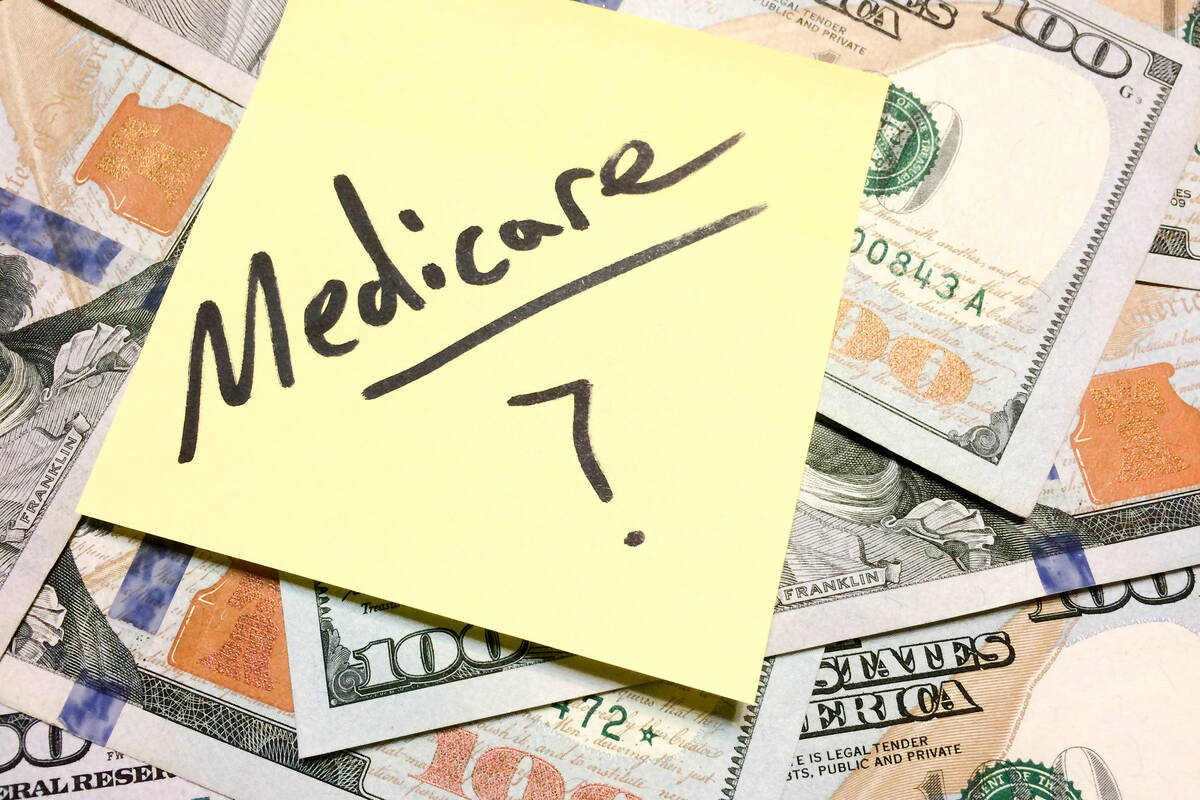How can I stop my Medicare Part B?
Dear Toni: Can you please explain what someone turning 65 and working full time with employer benefits should do? I made a big mistake enrolling in Medicare when I turned 65 in May, and my Part B premium has exploded because of my income level. I would like to know how I can stop my Part B. — Tiffany, League City, Texas
Dear Tiffany: Your Medicare situation is simple. Medicare does allow those turning 65 with employer benefits to delay Part B enrollment without a penalty when you want to enroll later. Delaying Medicare does require you to have employer group health coverage.
Social Security processes the paperwork for Medicare and must interview you to terminate your enrollment in Medicare Parts A or B. Start this process by calling your local Social Security office or Social Security’s toll-free number at 800-772-1213. Inform the representative that you need to terminate your Medicare because you are enrolled in an employer’s group health plan and mistakenly enrolled in Medicare. You will need to file form CMS-1763 with Social Security.
Here are a couple of Medicare enrollment situations to consider:
A working spouse: If the working spouse is providing health insurance benefits from their current employment group health coverage, then you may want to delay enrolling in Medicare Part B. You might continue to work either part time or as a self-employed individual while taking advantage of the coverage provided by your working spouse.
Self-employed: If you are turning 65, not covered under an employer’s group health plan, and waited to enroll in Medicare Part B, then you can receive a 10 percent penalty for each 12-month period that you were not enrolled in Part B after turning 65.
Here are three options for enrolling in Medicare when turning 65:
Turning 65 and still working: Talk to your or your spouse’s human resources department. Verify whether you should delay enrolling in Part B because you or your spouse are still working and are on an employer group health plan.
As soon as you are no longer covered by an employer’s group health plan, have the HR department fill out and sign Social Security forms CMS-L564 and CMS-40B. Filing these forms will justify your delay in enrollment and avoid needless penalties.
Turning 65 and receiving your Social Security check: This is the easiest way to receive your Medicare card. Medicare will send your card 90 days before you turn 65.
Turning 65 and not receiving a Social Security check: If you are still working, or if you are not working but waiting past 65 to receive 100 percent of your Social Security benefits, enroll in Medicare at ssa.gov. Be sure to do so 90 days before you turn 65.
Toni King is an author and columnist on Medicare and health insurance issues. If you have a Medicare question, email info@tonisays.com or call 832-519-8664.













